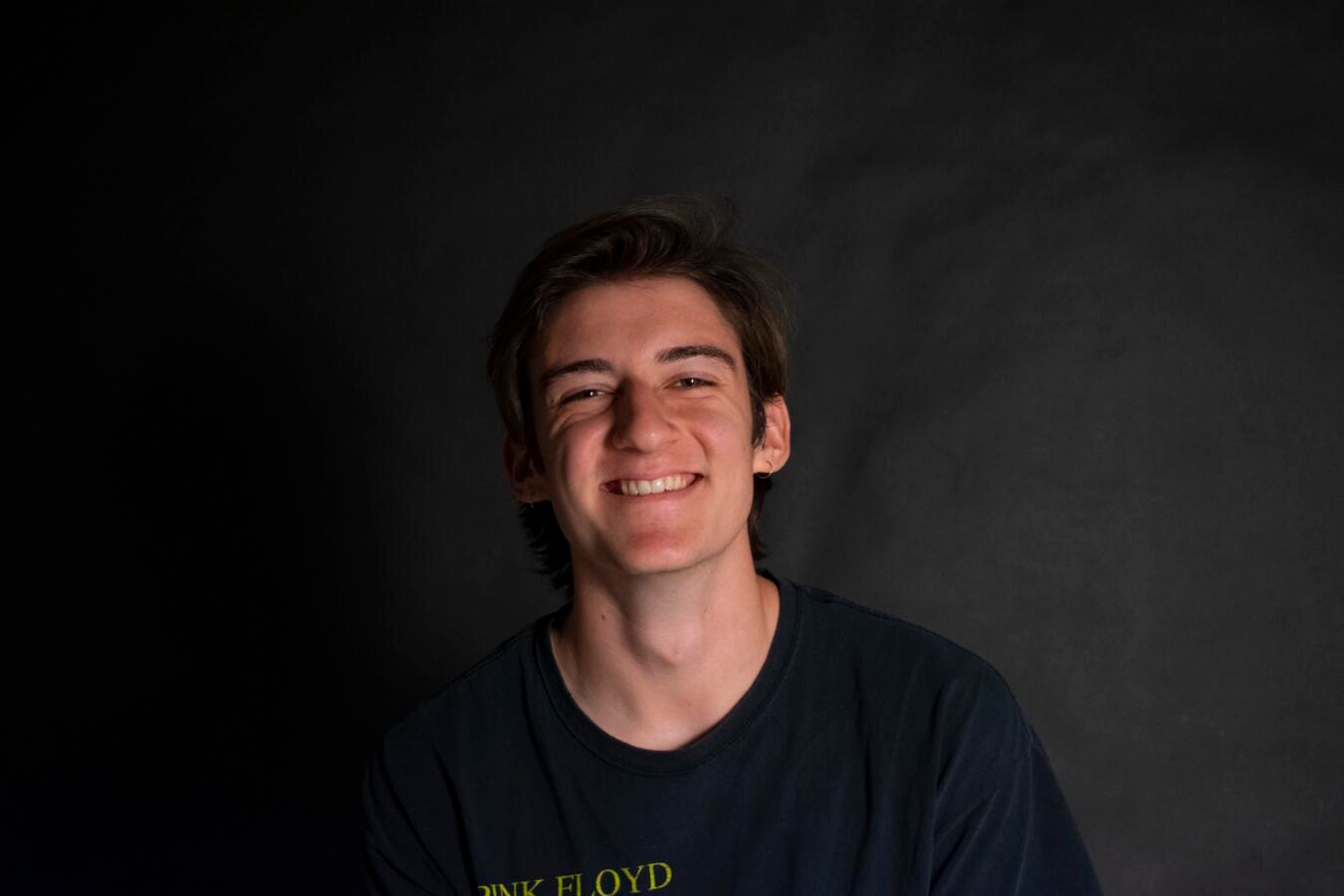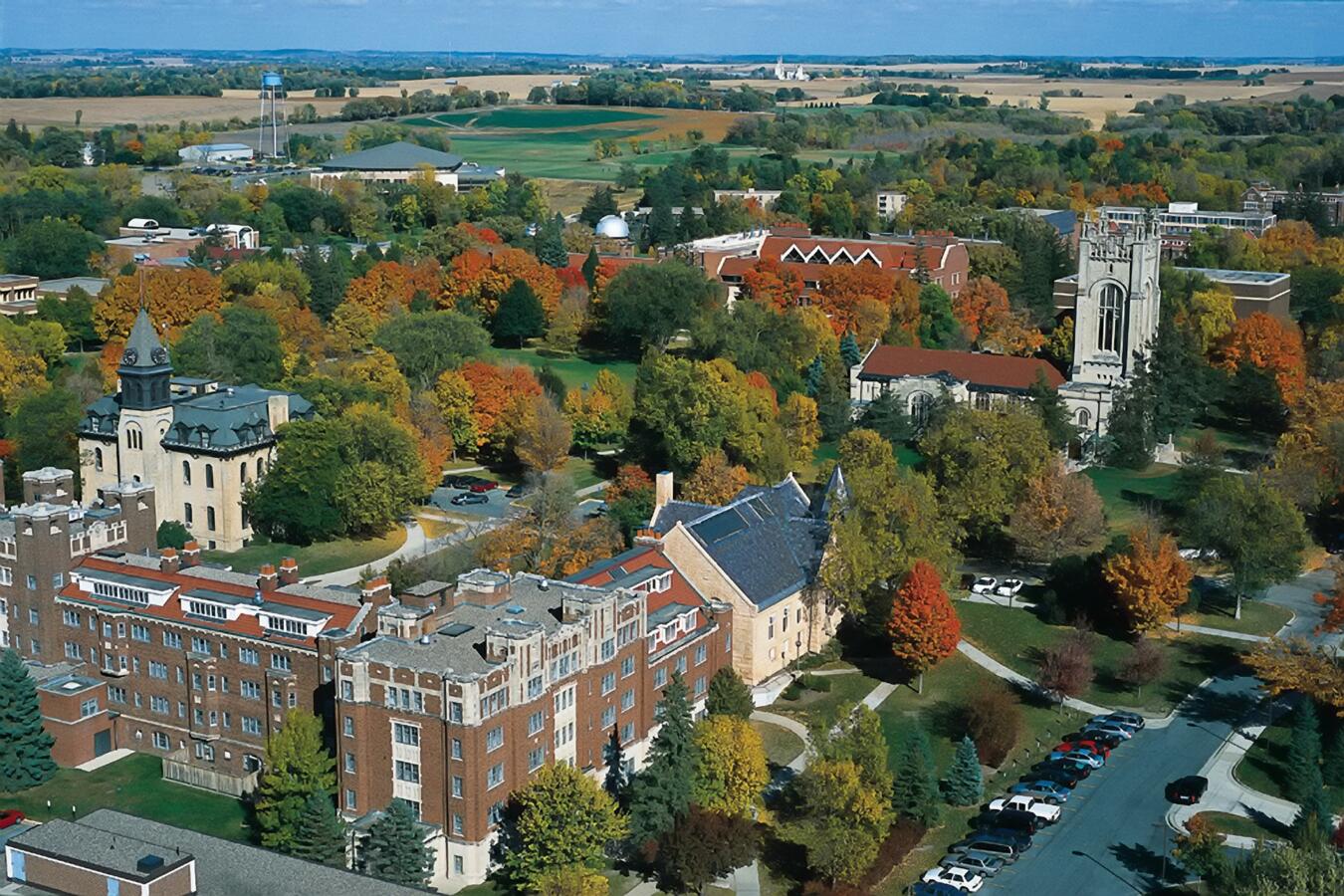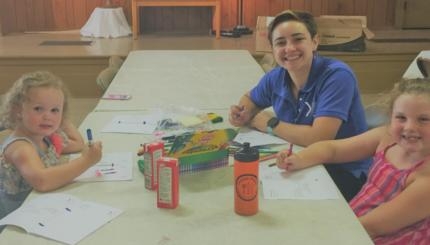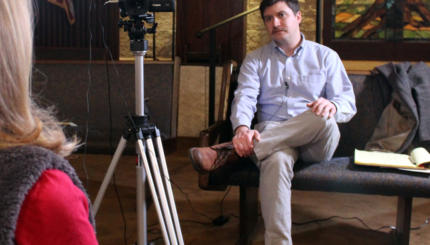A note from Nora Katz: in December 2020, the History and Heritage & Interpretation Departments at the Goldring/Woldenberg Institute of Southern Jewish Life (ISJL) welcomed two externs from Carleton College in Northfield, Minnesota. In addition to developing upcoming episodes of the ISJL Virtual Vacation and conducting oral history interviews about the southern Jewish experience during the ongoing COVID-19 crisis, I asked each of them to offer reflections on their lives as college students in 2020 and their time at the ISJL. Please enjoy this second installment from Elias Levey-Swain, and check out Clara Posner’s post from last week.
During the pandemic, my sense of community has evolved in unexpected ways. Like many people (especially college students), I have experienced the past year in episodes, extended periods of routine separated by difficult goodbyes and momentous dislocations. In each of these episodes, I have learned something new about being a community member— lessons I will carry with me into my next phase of adulthood.

In the early spring of 2020, my community was my childhood home in Upstate New York, inhabited by my parents, myself, my sister, and each of our significant others—learning, teaching, and working remotely. Living together as a group of six for the first time, not quite fitting together like the four puzzle pieces we used to be, my family found new kinds of closeness in shared adulthood. For the first time in years, we shared a Passover meal under the same roof—and it was the closest thing to a college party I got to attend during the spring of my junior year. This unusual closeness was evident in a quotidian sense as well—instead of receiving a halfhearted update on my academic life every month, my parents could now hear my classes through our old, thin walls. We also drove each other crazy, like every good Jewish family. The early months of the pandemic were a difficult time to live intergenerationally, but that time also taught me a great deal about the significance of my actions. It required me to mature quickly, and to think critically about my behavior in a way that was far more urgent than I was used to. The stakes of irresponsibility are higher now, and they will be for some time. In that frightening truth, though, is the promise that we will learn how to be good to one another, to protect each other, and to make sacrifices for common causes.
I spent the summer at home as well, traipsing around familiar places with familiar people and waiting impatiently for the world to change. I worked on a local political campaign and frequented protests for racial justice. George Floyd was murdered in May, and the world was weeping. For me, an important realization during this time was that even during a pandemic, community has to mean more than my immediate household. This is something I have always known, but the emotional difficulty of the spring encouraged me to cope by looking inward and selectively shutting out the world. But important social problems are only solved when we recognize that the full breadth of the human experience extends far beyond our own lived realities—when we can look at another individual and understand that their experience is fundamentally different from our own. For this reason, we need to imagine community as something that operates on multiple and shifting levels of scale.
Months later, after an unusual fall term at college, I am once again giving thought to the communities I inhabit. Working for the ISJL has reminded me that my understanding of community is grounded in the Jewish experiences of my childhood and young adulthood. In my Reconstructionist congregation, I was always taught that the world is big—bigger than myself, my family, my Jewish community, and, indeed, the human community. Conducting oral histories with the ISJL has reinforced that understanding. All around the country—across regional, cultural, and political divides—people are feeling many of the same constraints, making the same difficult decisions, and fearing the same dangers. Many people that the ISJL interviewed explained that the pandemic has allowed them to join virtual services at congregations all around the country, and one woman even mentioned attending virtual services at my home synagogue, thousands of miles away from her own congregation.
In this final chapter of 2020, I am recognizing that the world is big, but it is also small. Oral histories and other forms of public history and community engagement demonstrate that the world is full of diverse stories, but they also draw our attention to the important commonalities observable across culture, time, and space. This kind of realization—that the world is both more plural and more singular than we might have imagined—is a necessary starting point for destabilizing our expectations of how others think and feel. In a time of intense cultural polarization, such an exercise might constitute a cautiously optimistic light in the darkness of assumption and alienation.




